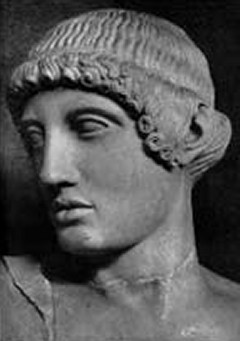
For many years now, I’ve used the anonymity of internet comments as an example of the Ring of Gyges in the first book of Plato’s Republic. No doubt you’re familiar with the idea: given a ring of invisibility, would you be a jerk or not? The internet sometimes grants a kind of anonymity with regard to dialectical exchanges on the internet. If you don’t have to reveal who you are, will you write the uninhibited comment rich with all manner of ad hominem? The thought was that lots of people would.
Well, it turns out this thought was probably wrong. Research seems to indicate that internet anonymity does not contribute to debased debates. It’s (partially) something much more satisfying (to me): lack of regulation:
Clear social norms can reduce problems even when people’s names and other identifying information aren’t visible. Social norms are our beliefs about what other people think is acceptable, and norms aren’t de-activated by anonymity. We learn them by observing other people’s behavior and being told what’s expected [2]. Earlier this year, I supported a 14-million-subscriber pseudonymous community to test the effect of rule-postings on newcomer behavior. In preliminary results, we found that posting the rules to the top of a discussion caused first-time commenters to follow the rules 7 percentage points more often on average, from 75% to 82%.
This is somewhat heartening, I think. It holds out hope that people can channel their energies more productively in clearly regulated environments, like this one (so, no ad hominems, jerks).
